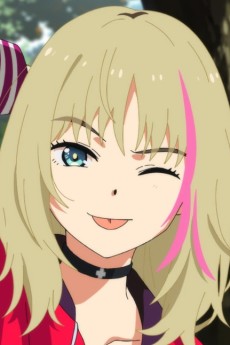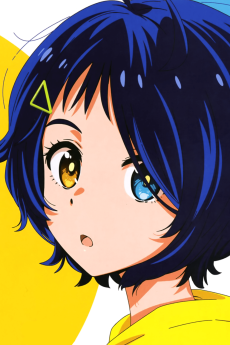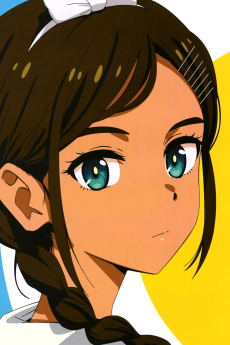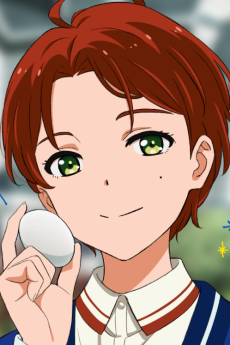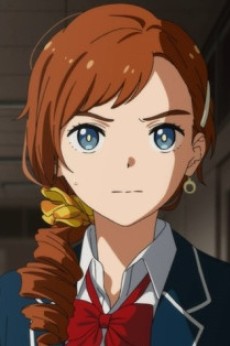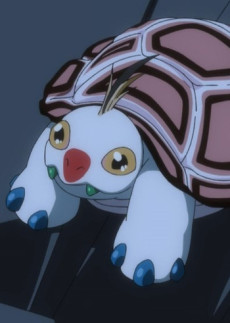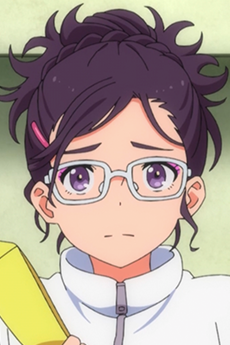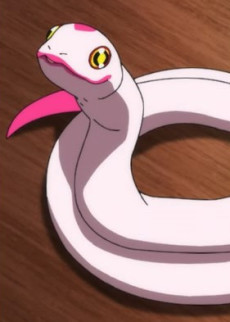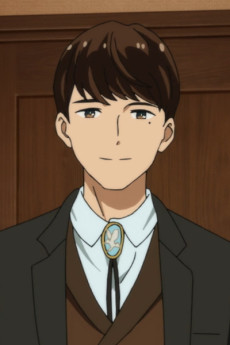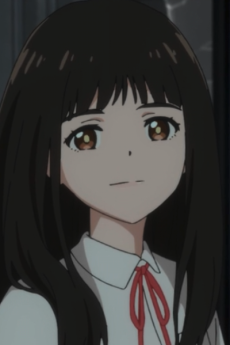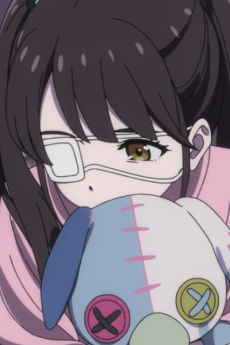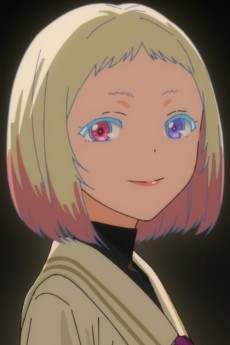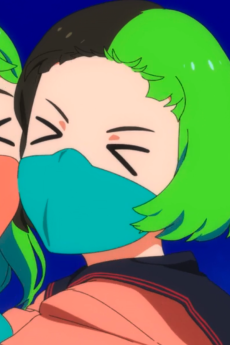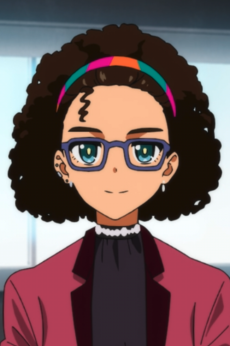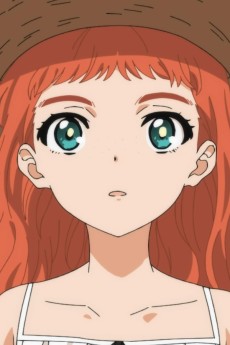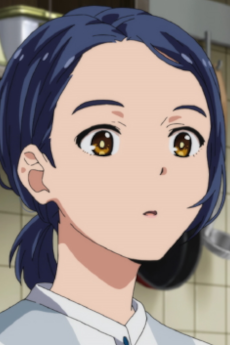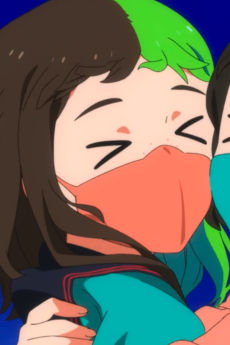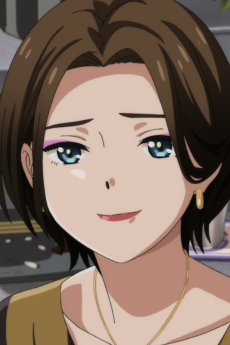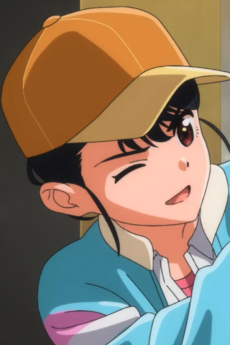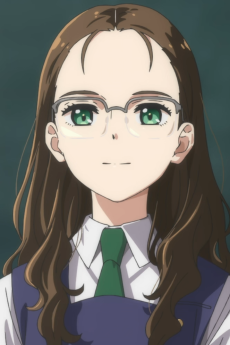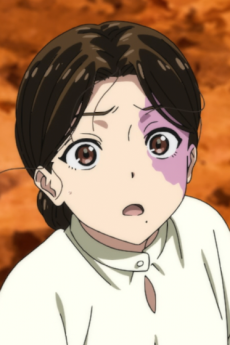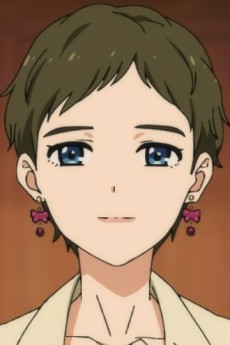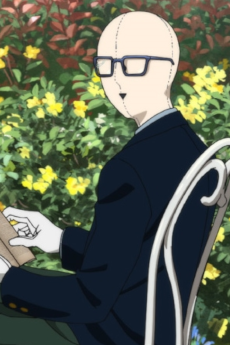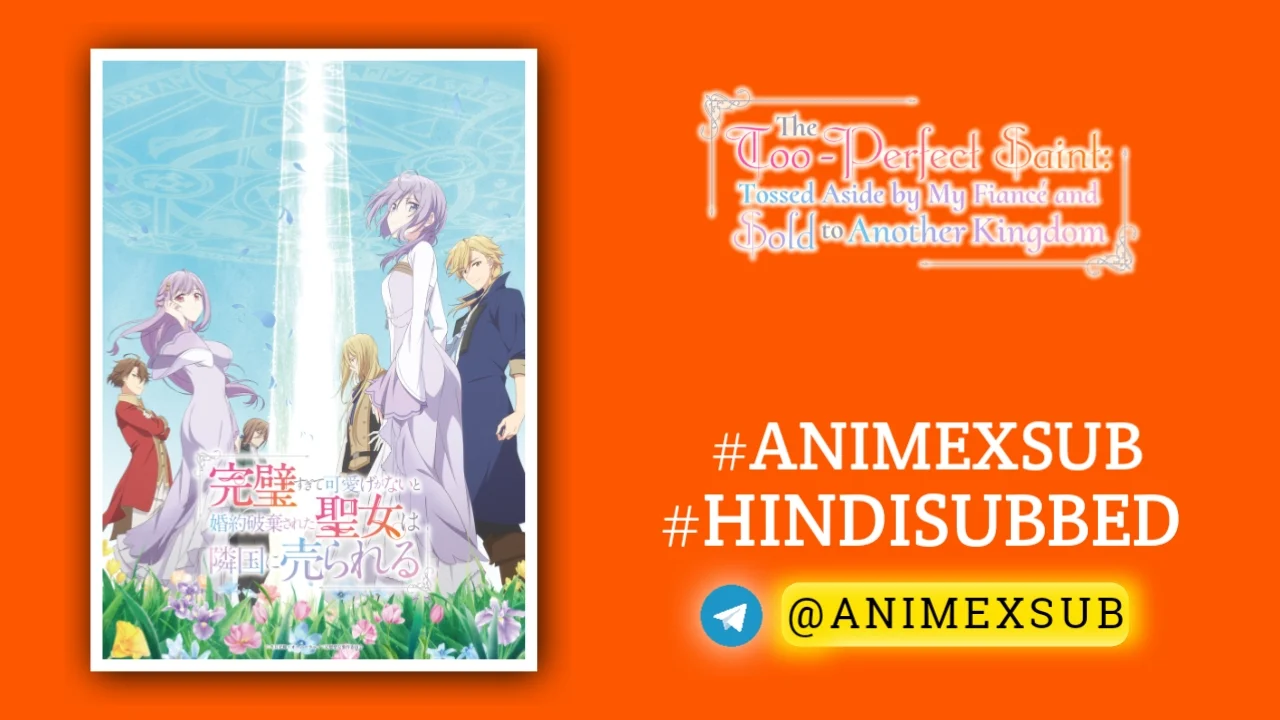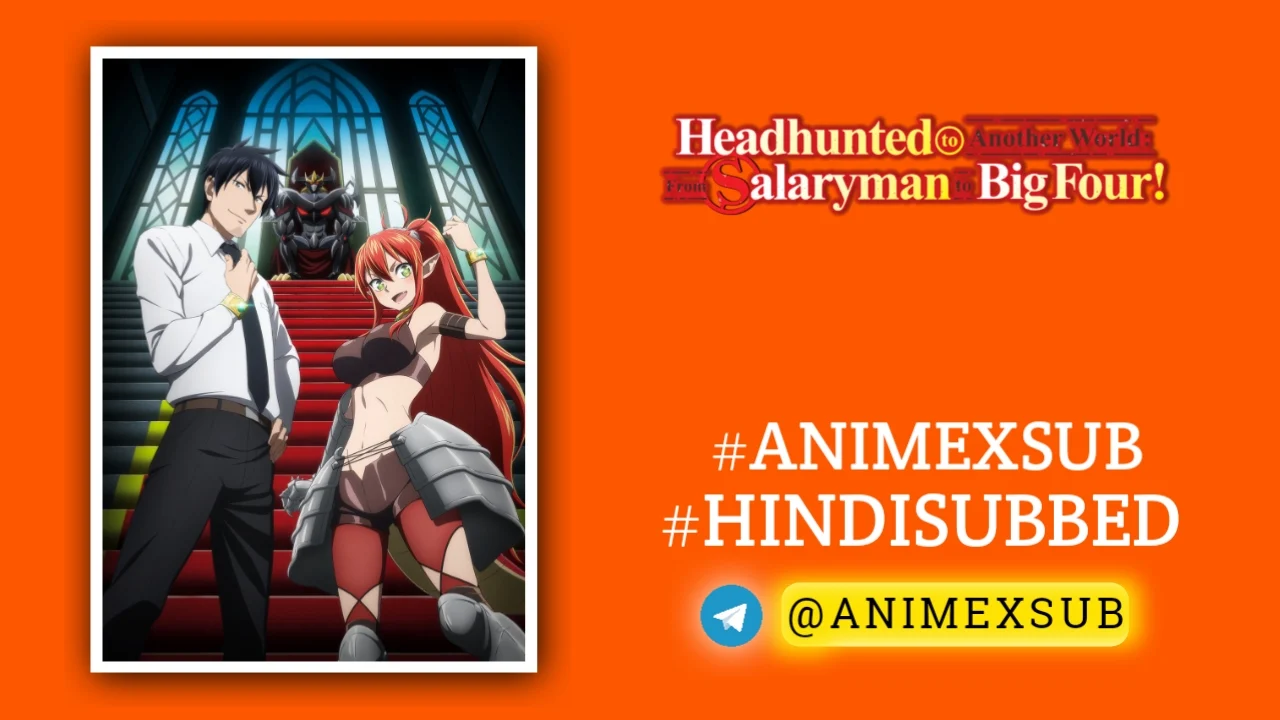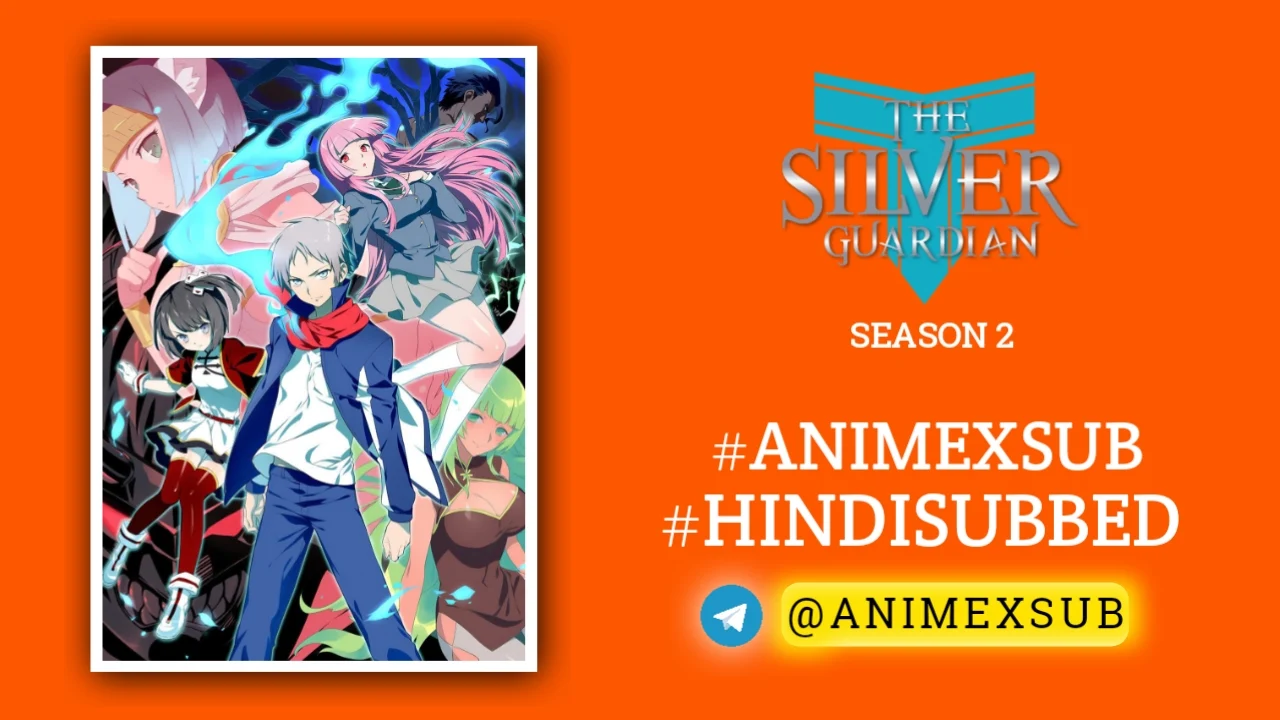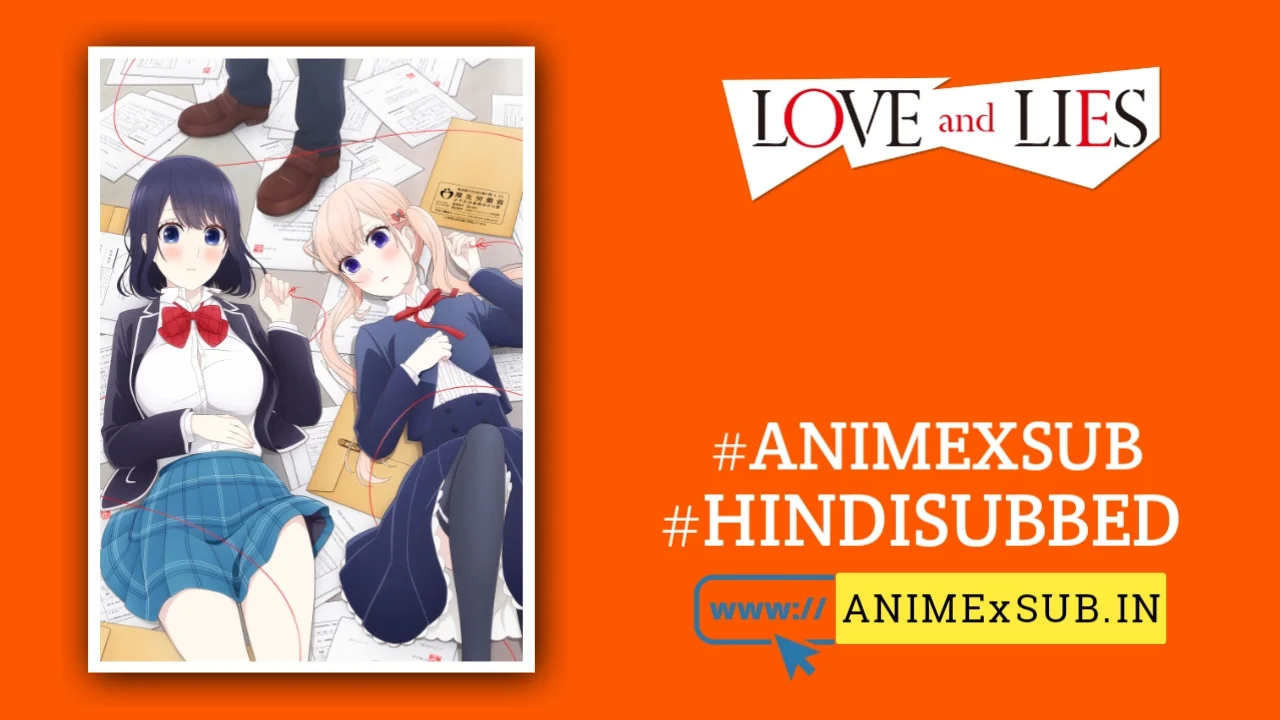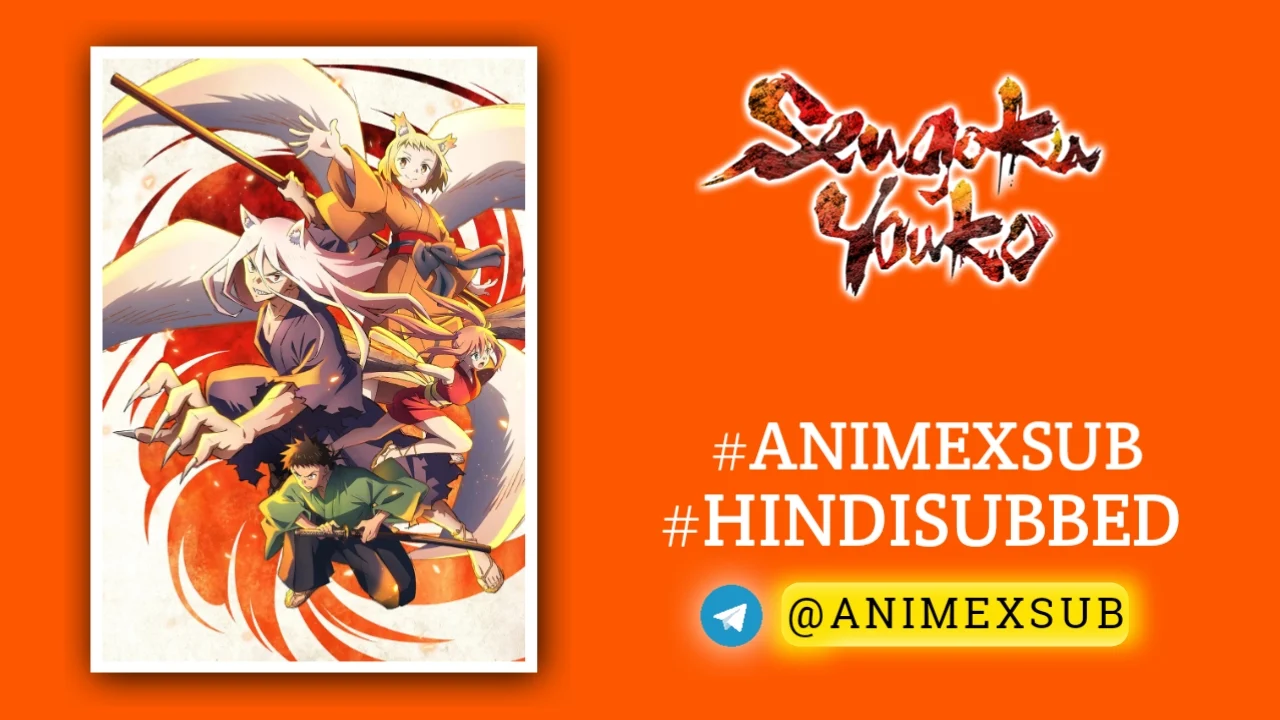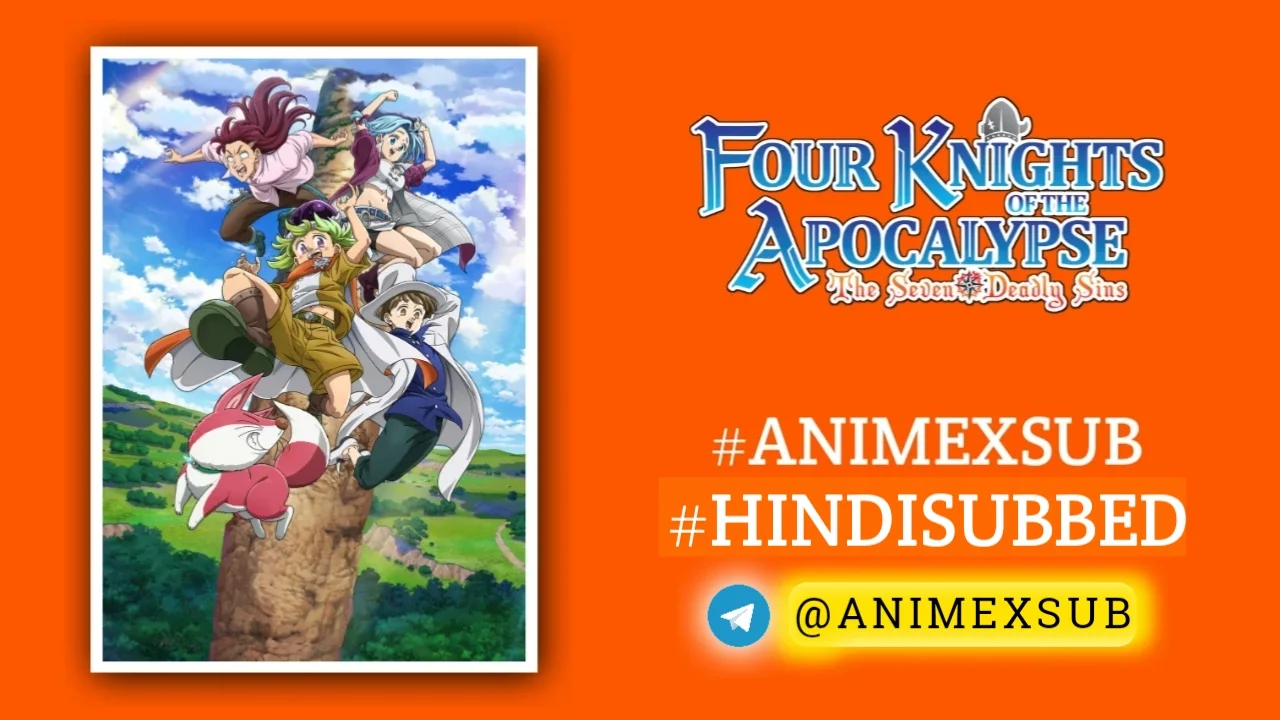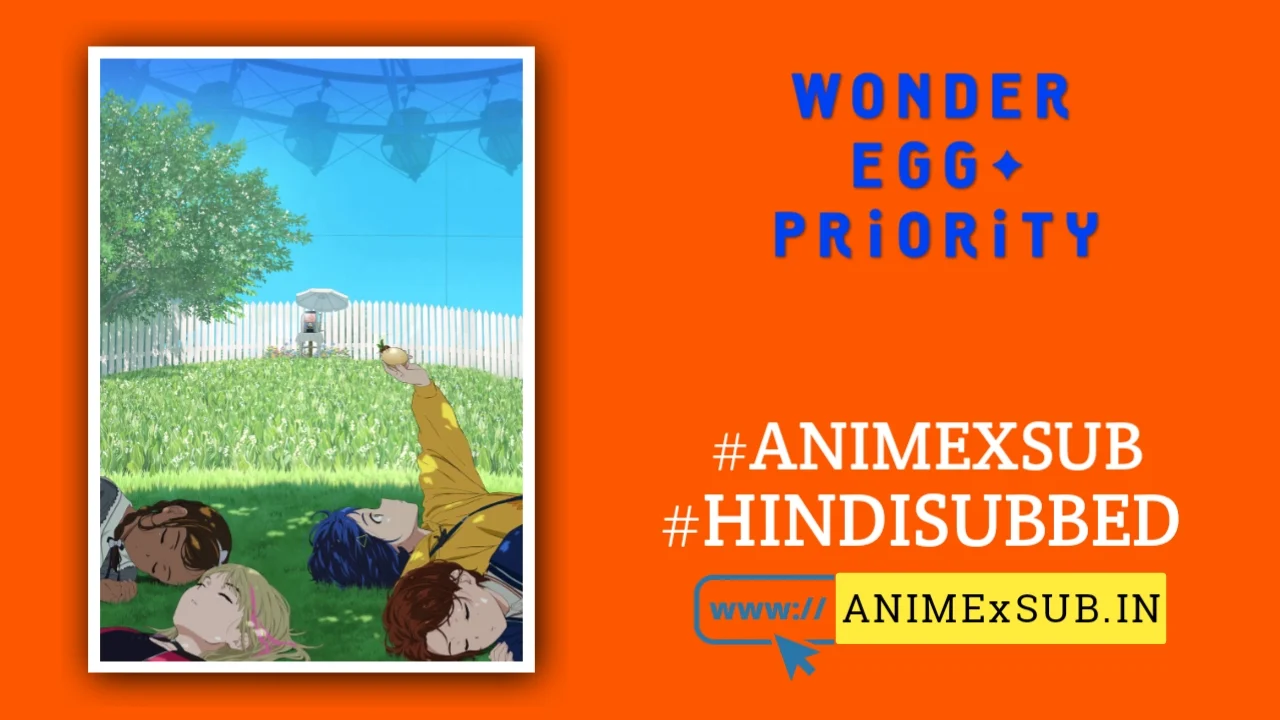
Wonder Egg Priority Season 1 Hindi Subbed [12/12] {Complete}

Wonder Egg Priority
WONDER EGG PRIORITYSynopsis
This is the story of Ai, an introverted girl whose fate is forever changed when she acquires a mysterious “Wonder Egg” from a deserted arcade. That night, her dreams blend into reality, and as other girls obtain their own Wonder Eggs, Ai discovers new friends—and the magic within herself. (Source: Funimation)
Watch Trailer
Characters
Episodes
Shattered Shells: Unveiling the Enigmatic Core of Wonder Egg Priority
In the shadowed corridors of adolescent despair, where the line between reality and nightmare blurs into a kaleidoscope of trauma and resilience, Wonder Egg Priority emerges as a haunting tapestry woven from the threads of loss and redemption. This original anime, birthed from the minds of screenwriter Shinji Nojima and director Shin Wakabayashi at CloverWorks, doesn’t merely tell a story—it dissects the human soul, layer by layer, through the eyes of girls who dare to confront the ghosts of suicides past. Season 1, spanning 12 episodes aired from January to March 2021, followed by a pivotal special edition in June, plunges viewers into a dreamscape where magical eggs hatch not miracles, but mirrors reflecting society’s cruelest indictments. At its heart lies Ai Ohto, a 14-year-old hikikomori whose world crumbles after her sole friend, Koito Nagase, leaps from a rooftop, leaving Ai adrift in guilt and isolation. What follows is no fairy tale; it’s a visceral exploration of why young lives extinguish, blending psychological horror with fantastical battles that symbolize the internal wars waged against bullying, abuse, and self-doubt.
Fractured Reflections: The Dream World’s Labyrinthine Architecture
The allure of Wonder Egg Priority’s world-building lies in its refusal to adhere to conventional fantasy tropes. Ai, guided by a ethereal voice during a midnight wander, acquires a “Wonder Egg”—a shimmering orb promising the resurrection of the dead if she safeguards the spirit it births through the night. Cracking it transports her to an otherworldly realm: abandoned schools twisted into nightmarish arenas, where “Wonder Killers” manifest as grotesque embodiments of real-world tormentors. These foes aren’t mere monsters; they’re allegorical horrors—haters with axes symbolizing verbal assaults, or Seeno Evils, diminutive knife-wielding minions representing insidious doubts. The eggs themselves hatch into the souls of girls who, like Koito, succumbed to suicide, each episode unveiling a vignette of their final agonies: a victim of idol industry exploitation, another ensnared by familial expectations, or one grappling with gender dysphoria.
This setup echoes the deconstructive magical girl genre, akin to Puella Magi Madoka Magica, but elevates it with Satoshi Kon-esque psychological realism and Naoko Yamada’s floral symbolism—think sunflowers wilting under societal pressure, or heterochromatic eyes piercing through illusions of normalcy. The dream domain isn’t a escape; it’s a crucible. Here, physics bends to emotion: walls bleed accusations, and battles erupt in fluid, kinetic sequences reminiscent of Kingdom Hearts, where Ai wields a massive shield to deflect not just physical blows, but emotional shrapnel. Yet, the true genius unfolds in the interplay between the fantastical and the mundane. Ai’s real-life struggles—skipping school, clashing with her concerned mother, or confronting her teacher Shuichiro Sawaki’s ambiguous intentions—seep into the eggs, creating a feedback loop that questions whether salvation is external or an illusion born of survivor’s guilt.
Echoes of the Lost: Ai Ohto and the Quartet’s Unbreakable Bonds
No analysis of Wonder Egg Priority would be complete without delving into its protagonists, a quartet whose chemistry crackles with raw authenticity. Ai Ohto stands as the emotional fulcrum: her heterochromia, once mocked as “demon eyes,” becomes a metaphor for her fractured identity. Voiced with poignant vulnerability by Kanata Aikawa, Ai evolves from a withdrawn shell—burying a dead firefly in a moment of unintended kindness—to a fierce guardian, her shield arm scarred as a badge of battles fought. Her arc probes the paralysis of inaction; in the eggs, she repeatedly fails to save victims mirroring her inaction toward Koito, forcing confrontations like the heart-wrenching Episode 1 chase through a bully-infested school, where Kurumi Saijo’s spirit demands Ai “get out if you’re finished,” mirroring Ai’s own self-loathing.
Enter the allies: Neiru Aonuma, the stoic CEO of her family’s company, hides android origins behind a facade of human emotion, her battles revealing corporate exploitation’s toll. Rika Kawai, a former child idol voiced by Shuka Saito, embodies self-harm’s cycle, her Episode 7 backstory a gut-punch of maternal neglect and industry predation, culminating in a raw confession that shatters the group’s levity. Momoe Sawaki, with Hinaki Yano’s nuanced performance, navigates gender fluidity—identifying as male yet bound by a female body—through Episode 10’s tender interaction with a transgender spirit, Kaoru, highlighting the anime’s progressive queer representation. Together, they form Anemoneria, a unit whose birthday celebrations and sleepovers contrast the dream world’s brutality, fostering dialogues on vulnerability that feel refreshingly unscripted. Their bonds aren’t saccharine; they’re forged in shared grief, with Rika’s cynicism clashing against Ai’s optimism, creating dynamics that resonate like real friendships amid crisis.
Shadows of Society: Dissecting Trauma’s Multifaceted Blades
What elevates Wonder Egg Priority to next-level discourse is its unflinching autopsy of suicide’s societal roots, handled with a purity that borders on clinical yet never veers into exploitation. Each egg’s narrative dissects a facet of adolescent hell: Episode 2 exposes the isolation of hikikomori life, while Episode 5 unmasks eating disorders tied to beauty standards. Bullying manifests as hordes of whispering shadows, sexual assault as devious killers lurking in playgrounds, and familial discord as warped parental figures. The series critiques gender disparities head-on—Acca and Ura-Acca’s infamous line in Episode 4 posits boys’ suicides stem from simpler motives, a controversial stance director Wakabayashi later clarified as cut dissent, yet it sparks vital discourse on how societal pressures disproportionately weaponize shame against girls.
Transgender themes shine in Momoe’s arc, where protecting Kaoru from a homophobic assault underscores self-acceptance’s power, free from tokenism. Even idol culture gets eviscerated in Rika’s tale, portraying the entertainment industry’s predatory underbelly without glorification. The soundtrack, with Anemoneria’s “Sudachi no Uta” opening—a soaring anthem of departure—and “Life Is Cider” ending evoking fizzy, fleeting joy—amplifies these moments, while the OST’s melancholic strings underscore cathartic fights. Animation, despite production woes, dazzles: CloverWorks’ fluid choreography turns emotional breakthroughs into visual symphonies, like Ai’s shield shattering under guilt’s weight, reforming stronger. This isn’t entertainment; it’s an informative mirror, urging viewers to recognize how bullying, abuse, and systemic failures conspire to silence the young, all substantiated by real-world parallels without preachiness.
Veiled Antagonists: Acca, Ura-Acca, and the AI Abyss
Lurking beneath the surface are the enigmatic Acca and Ura-Acca, twin mascots— Acca the serpentine schemer, Ura-Acca the hooded observer—who peddle eggs from a vending machine in a foggy alley. Their Faustian bargain (“The first one’s free; the rest cost you”) hints at deeper machinations, revealed in the special edition as former scientists who birthed Frill, an AI daughter turned digital demon. Frill, manifesting as a blue-haired manipulator, embodies temptation’s allure, preying on insecurities to perpetuate a cycle of despair across parallel worlds. This sci-fi pivot, introducing androids and brain transplants, clashes with the series’ emotional core, retroactively questioning earlier victims’ authenticity—did societal ills cause their deaths, or was it Frill’s influence? It’s a bold, if divisive, layer: Acca’s remorseful monologues humanize them, while Ura-Acca’s silence evokes complicit authority figures. Their dynamic critiques adult negligence, positioning them as flawed saviors whose “system” mirrors exploitative support networks, all while the eggs’ mechanics—hatching only girls’ spirits—fuels debates on gendered trauma.
Symphonies of Struggle: Iconic Episodes and Unforgettable Sequences
Season 1’s episodic structure builds to crescendos of pure artistry. Episode 1, “The Domain of Children,” masterfully hooks with Ai’s firefly burial evolving into her first egg-crack, the school’s P.A. blaring “Watch bullying, do nothing” as a chilling societal indictment. Episode 7, “After School at 14,” delivers Rika’s idol downfall in a montage of flashing cameras and self-inflicted wounds, her birthday party devolving into a tearful reckoning that redefines friendship. Episode 10, “Confession,” stands as a pinnacle: Momoe’s gender exploration through Kaoru’s spirit culminates in a dual battle against familial rejection, the animation’s color shifts from drab grays to vibrant blues symbolizing identity’s bloom. Even the recap-laden Episode 8, born of production delays, serves as a breather, recapping bonds amid chaos. The special edition’s finale, though rushed, offers Ai’s sacrificial eye-swap with her parallel self—a meta nod to heterochromia’s duality—thrusting her back to reality, only to reignite the egg quest for Neiru, leaving threads like Frill’s defeat tantalizingly unresolved.
The Cracked Facade: Production Turmoil and Thematic Dissonance
Behind the spectacle lies a sobering reality: Wonder Egg Priority’s brilliance came at a human cost. CloverWorks’ grueling schedule—juggling three series—led to outsourced animation, producer Shouta Umehara’s hospitalizations from exhaustion, and director Wakabayashi’s health scares, highlighting the anime industry’s vampiric underbelly. This mirrors the themes: girls fighting systemic monsters while creators battled deadlines. Thematically, the series falters in its finale’s sci-fi deluge, where Frill’s AI origin undermines earlier societal critiques, implying suicides stem from a singular “evil” rather than multifaceted ills. Critics like Vrai Kaiser decried it as “grossly irresponsible,” casting doubt on victims’ stories, while others, like Josh Piedra, praised the core 12 episodes as “fantastic” despite the “fall flat” ending. Rotton Tomatoes audience scores reflect this polarization: 7.3/10 on IMDb, lauding animation and pathos but lamenting the “rushed” close. Yet, this imperfection enriches it—a flawed gem exposing both trauma’s complexity and production’s perils.
Eternal Dawn: Legacy of a Fractured Egg
Wonder Egg Priority Season 1 endures not as a flawless epic, but as a revolutionary lament—a unique fusion of horror, heart, and critique that dares to humanize the statistics behind teen suicides. Its informative depth, from dissecting gender dysphoria to idol exploitation, offers purity in portrayal, unmarred by sensationalism. Though the ending baffles, leaving Neiru adrift and Frill at large, it reinforces the message: healing is cyclical, not conclusive. In a medium often accused of escapism, this series demands confrontation, its epic scope redefining magical girl narratives for a generation scarred by isolation. Watch it not for resolution, but for the raw power of girls rising from shattered shells, their voices echoing long after the credits fade.
